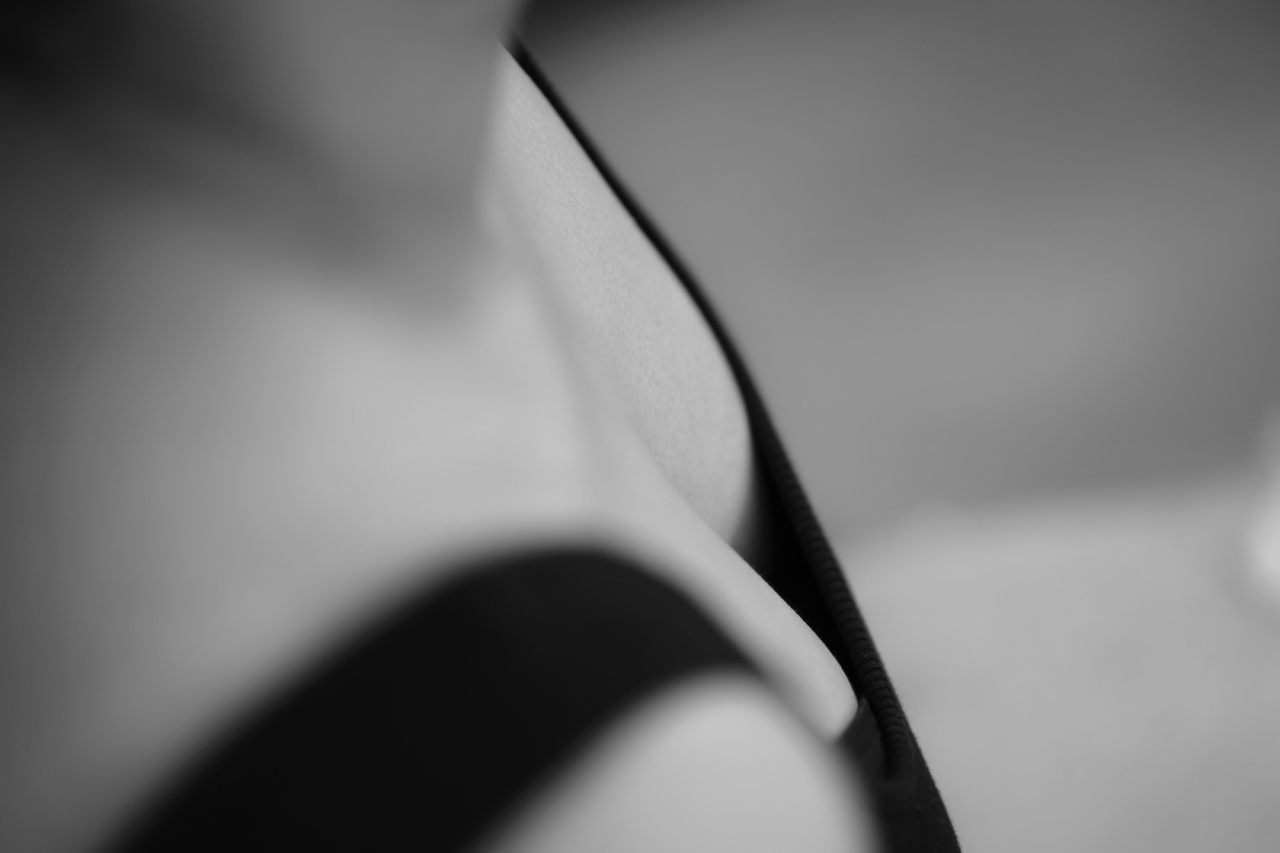Hangovers are a common consequence of excessive alcohol consumption. Most people have experienced the unpleasant symptoms of a hangover at some point in their lives, ranging from a pounding headache to nausea and dizziness.
While the focus is often on the short-term effects of a hangover, such as a pounding headache and upset stomach, it’s important to recognize the impact this excessive drinking can have on your skin.
Understanding Hangovers
A hangover is the body’s response to the excessive intake of alcohol. When you consume alcohol, your body works hard to metabolize and break it down.
During this process, your liver produces a toxic substance called acetaldehyde, which is responsible for many hangover symptoms.
Hangovers can cause a range of physical and mental symptoms, including dehydration, headache, fatigue, dizziness, thirst, and increased sensitivity to light and sound.
While most people are aware of the negative effects alcohol has on the body, its impact on the skin is often overlooked.
The Link between Hangovers and Dehydrated Skin
One of the main reasons hangovers can lead to dehydrated skin is due to alcohol’s diuretic effect. Diuretics increase urine production, causing the body to lose more water than it takes in.
Alcohol inhibits a hormone called vasopressin, which is responsible for regulating the amount of water in the body. As a result, you urinate more frequently, leading to dehydration. This excessive water loss can affect multiple organs, including the skin.
When your body is dehydrated, it tries to retain as much water as possible, which can lead to dry and dull-looking skin. Dehydration reduces the skin’s elasticity, making it appear flaky, tight, and wrinkled.
Additionally, lack of water in the skin can disrupt its natural barrier function, making it more susceptible to external irritants and damage.
Alcohol’s Impact on Skin Health
Not only does alcohol dehydrate the skin, but it also has numerous other negative effects on the skin’s overall health and appearance.
1. Inflammation and Redness
Alcohol is known to trigger skin inflammation and can worsen conditions like rosacea, eczema, and psoriasis. Increased inflammation can result in redness, swelling, and irritation.
2. Breakouts and Acne
Alcohol can disrupt the balance of good and bad bacteria on the skin, leading to an overgrowth of acne-causing bacteria. This imbalance can result in increased breakouts and exacerbation of existing acne.
3. Increased Oil Production
Excessive drinking can stimulate the sebaceous glands, leading to an overproduction of oil. This can result in clogged pores and an increased risk of developing acne and other skin problems.
4. Premature Aging
Alcohol accelerates the aging process of the skin by breaking down collagen and elastin, the proteins responsible for maintaining its firmness and elasticity. This can lead to the appearance of fine lines, wrinkles, and sagging skin.
Minimizing the Effects of Hangovers on Your Skin
While the most effective way to prevent hangover symptoms is to consume alcohol in moderation or avoid it altogether, there are steps you can take to mitigate the impact on your skin when you do indulge:.
1. Stay Hydrated
Drink plenty of water before, during, and after consuming alcohol. This can help counteract the dehydrating effects and keep your skin hydrated.
2. Use a Moisturizer
Apply a hydrating moisturizer to replenish moisture and maintain the skin’s barrier function. Look for ingredients like hyaluronic acid, glycerin, and ceramides to help retain water in the skin.
3. Avoid Harsh Skincare Products
Alcohol can make the skin more sensitive, so it’s important to avoid harsh skincare products that can further irritate or dry out your skin. Opt for gentle, alcohol-free cleansers and moisturizers.
4. Incorporate Antioxidants
Antioxidant-rich skincare products can help combat the free radicals generated by alcohol consumption, minimizing the damage they can cause to the skin. Look for ingredients like vitamin C, vitamin E, and green tea extract.
5. Protect Your Skin
Alcohol weakens the skin’s natural defense mechanisms, making it more susceptible to sun damage. Apply a broad-spectrum sunscreen with an adequate SPF to protect your skin whenever you’re exposed to sunlight.
Conclusion
Hangovers are not only responsible for short-term discomfort but can also have long-lasting effects on the health and appearance of your skin.
Excessive alcohol consumption can lead to dehydration, inflammation, breakouts, increased oil production, and premature aging. By taking steps to minimize the impact of hangovers on your skin, such as staying hydrated, using moisturizers, avoiding harsh products, and protecting your skin from the sun, you can maintain a healthier, more vibrant complexion.






























